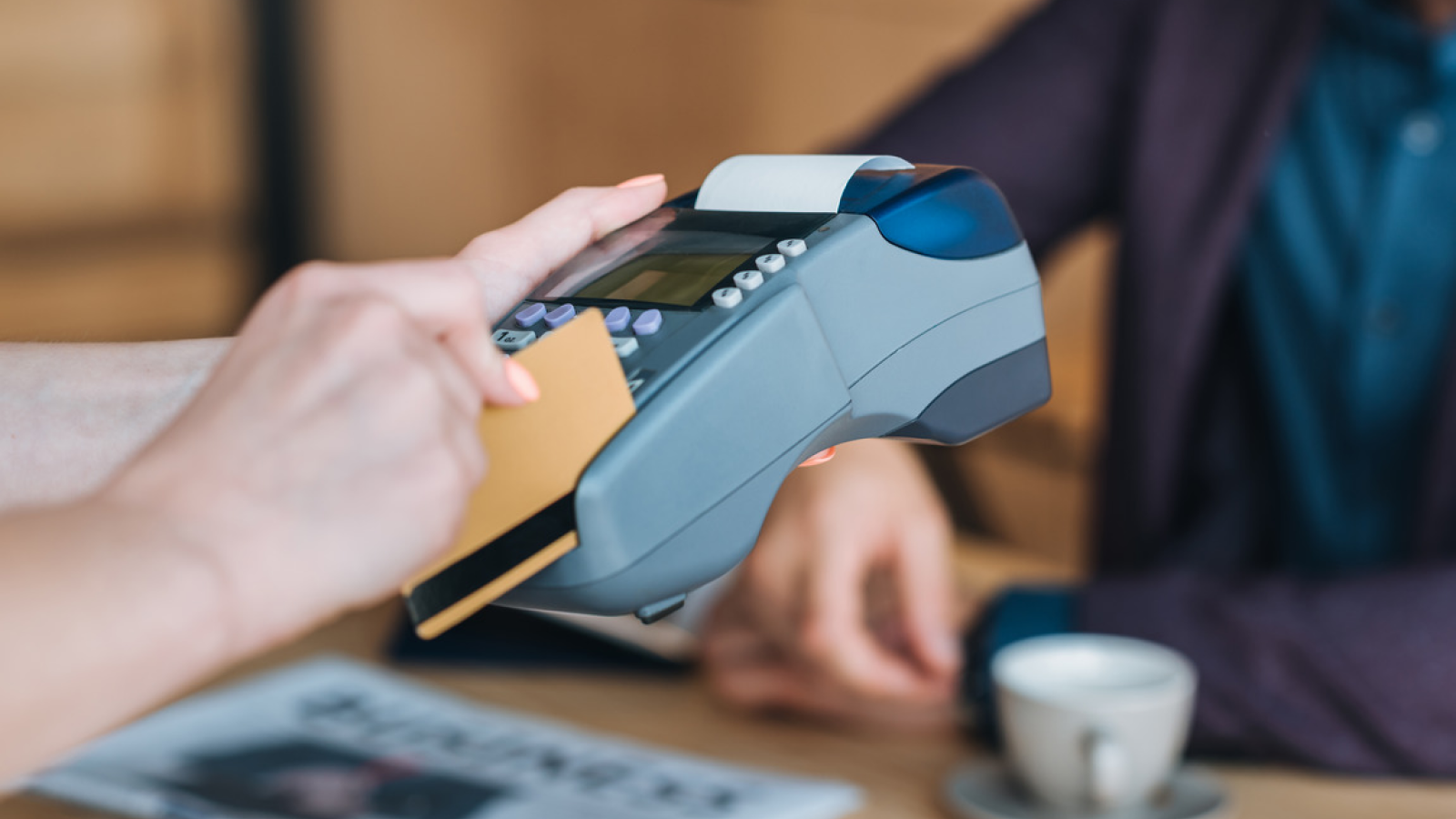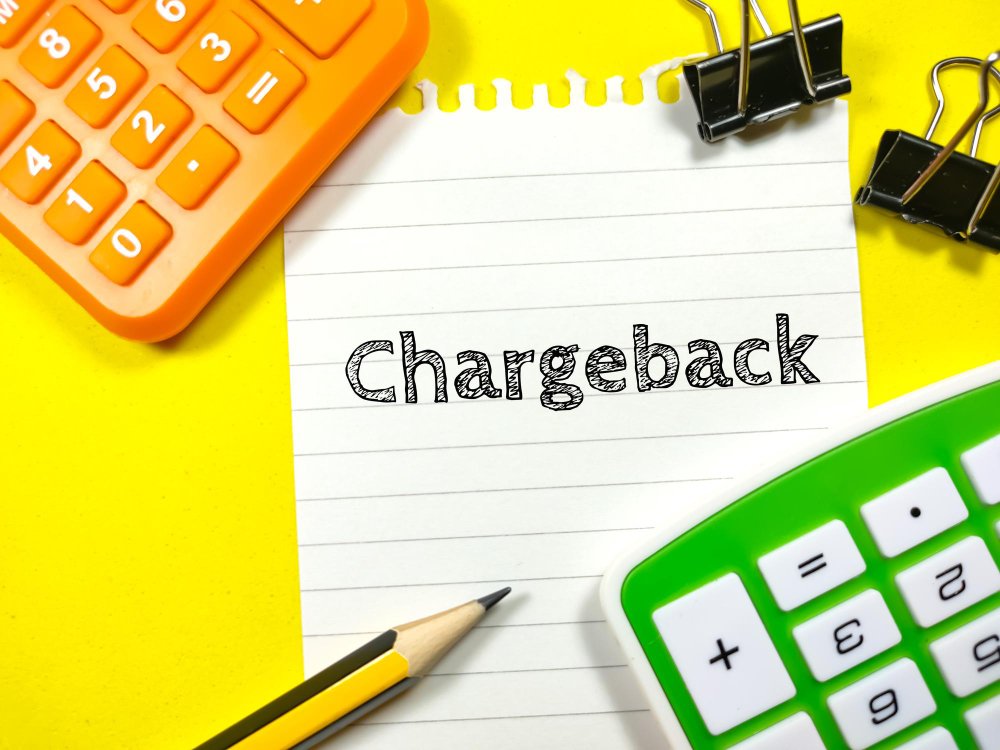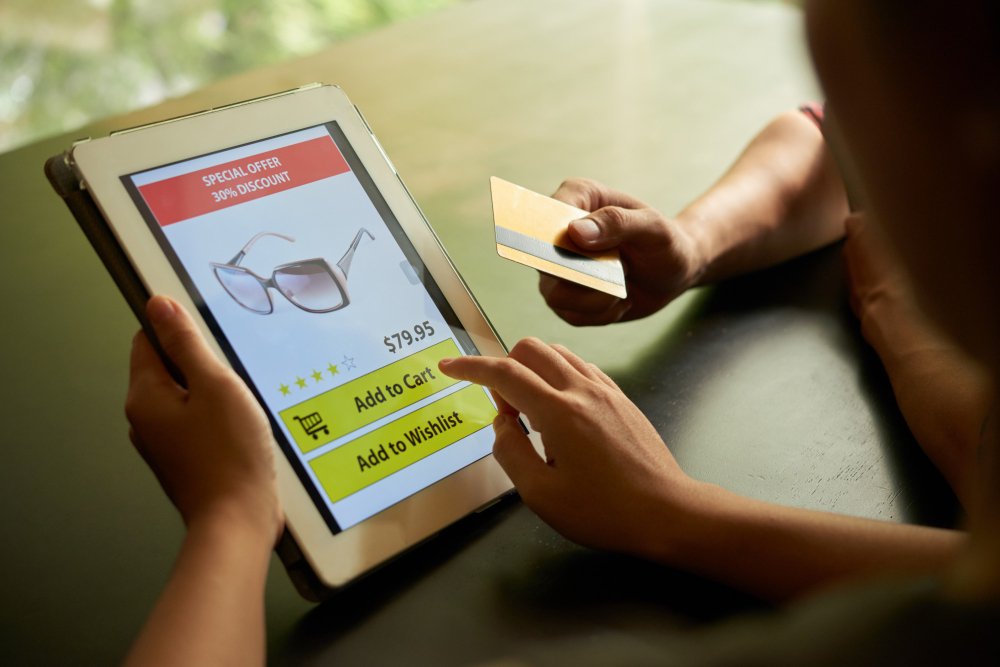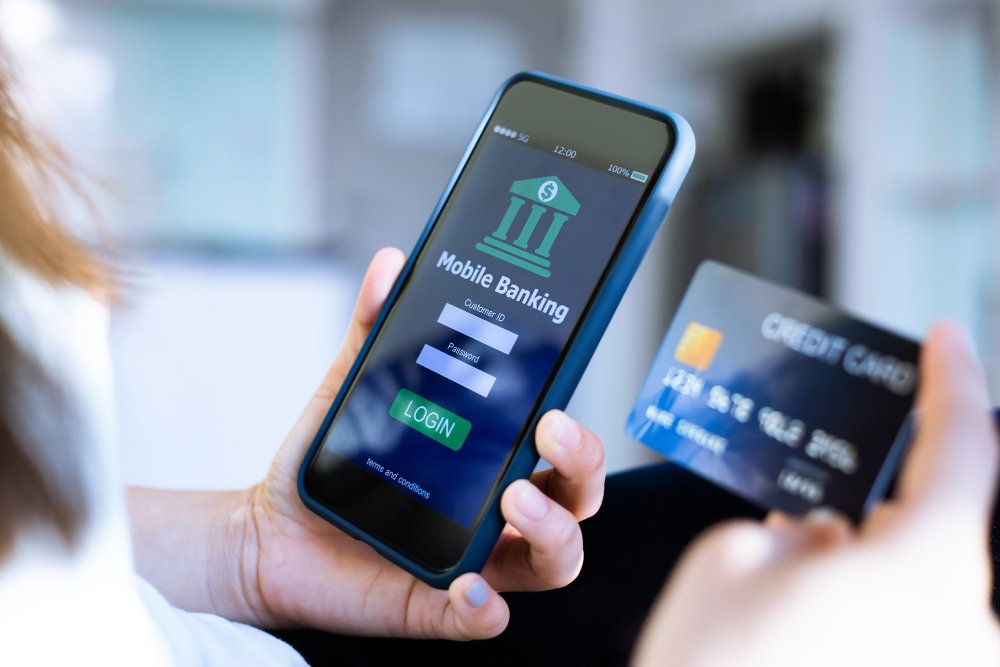Payment Processors: Choosing The Right Fit for Your Business
A business which plans to accept payments from individual clients whether online or offline – needs to process its payments, which are done via multiple channels. Typically, these channels are bank cards, online wallets, e-money, over-the-phone payments & POS payment terminals. For each of these purposes, selecting the right payment processor is crucial for the business model.
What is a payment processor?
A payment processor is a company which provides technological solutions that enable buyers to pay for the merchandise they buy from the company, whether this is in the form of goods or services. Such solutions can be customised for various channels of payments, both online and offline. Depending on the business model andchannels which are accepted for customers to use to pay for anything a company sells, it shall choose the best payment processor for small business (or whatever it is the size of the company’s business).
The task of a processor of payments is to charge the customer’s account with the money and deliver it to the seller’s account, which is opened in a bank or is run as a merchant account (whatever is legally allowed in the seller’s country).
There are several factors to bear in mind when one is going to go through that process.
Factors to consider when you choose a payment processor
- Types of transactions that you plan to make. The most widespread options of payment today are via credit cards & debit cards. But there are also other ways, more or less popular in your destination, country’s legal model & business type: e-wallets, cryptocurrency, direct debit from bank accounts, phone payments, prepaid cards, cheques, or gift cards. Make sure that the best online payment processor you’re going to select supports those channels that you need in its technological solutions.
- Channels of accepting payments: on your website, on a third-party website, via mobile payments or apps, POS terminal in an offline point of sales, recurring payments, etc.
- Pricing. There are many ways of charging for handling your transactions. They include per-transaction commission, monthly and yearly fees, foreign currency exchange fees and rates, commission for chargebacks, requirements to minimal turnover (if you don’t have that, you might be charged an extra fee), setup fee, disputed transaction fees, etc. When you consider these altogether, you can compare different processors and find out, which is the best online payment processor for you (or an offline one, should that be the case for your business).
- Pricing changes. Find out
,whether there are annual or otherwise periodic reconsiderations of pricing that a processor makes for its clients and how the pricing changes. Thus, you will know,what the cost of handling your transactions over the years is, so you can compare various companies by that factor.
- What are the technological and technical solutions offered? Some processors offer POS terminals to install in offline points of sales so clients can pay with cards. Others don’t do it and so you have to ask them from your bank (which might also offer online & offline processing solutions — that you have to explore too, actually). They might also offer the integration of data flows with your accounting and taxation systems. If that’s what you need — great! However, remember that although basic POS models that can read magnet stripes might have no extra cost, models with contactless payment and chip-reading options might cost extra.
- Time until deposit arrives in merchant account. Depositing the money that your customers pay you onto your account goes with some periodicity: same day, next day, in a few days… Sometimes, it is even transaction-based. Choose the processor depending on how quickly you want the money to get into your account.
- Customer support. The best online payment processors out there will offer you the full cycle of support, including the installation, set-up, tuning according to the requirements of your business model and its changes, assistance with technical and client issues & solving all emergency issues you might have. It is a very important part of the selection process and you really don’t want this part to go wrong.
A list of the largest payment processors on the market
Now, let’s look at some examples of payment processors which are the most well-known on the global market:
- Braintree
- PayU
- Amazon Payments
- Authorize.Net
- PayPal
- Skrill
- 2CheckOut
- Stripe
- OrangePay
- BlueSnap
- Shopify
- WooCommerce.
In addition, many local banks in various countries also offer their white label or composite solutions of payment processing, such as the PrivatBank or Oschadbank commercial banks in Ukraine, which provide the full card processing cycle, domestic and international. So, you should check that out with the banks in your country first — this might be cost-optimal, fully legally compliant, with all required support for setting up and running and the money goes into your bank account directly, with automated cross-currency conversion.
Conclusion on the payment processor selection
Although the modern world has many companies that provide processing of payments, they aren’t all equally good for your particular business model. Choose them based on our advice.






